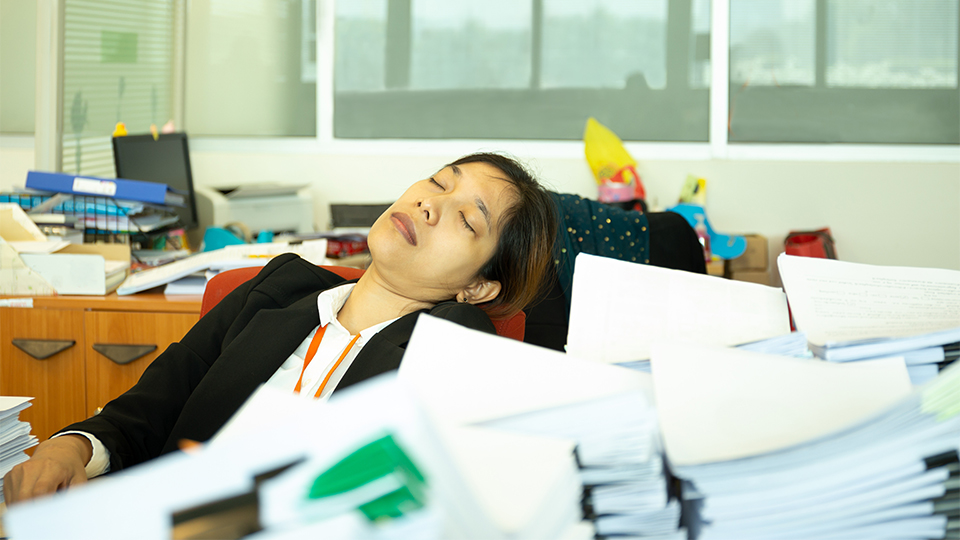People in Asia have fewer weekend lie-ins and more variable sleep on weekdays; sleep data from over 220,000 Oura Ring users globally
Published: 29 Aug 2023

Photo Credits: bignai
People in Asia are known to report worse sleep than their counterparts in Europe and North America.
New research, using objective measures of sleep rather than subjective reports, has shown that not only do people in Asia go to sleep later and have shorter sleep, they also have lower sleep quality than those in other parts of the world. Additionally, their sleep during the work week is more variable and they do not extend their sleep as much at the weekend.
This finding surfaced after Professor Michael Chee, Senior Research Fellow Dr Adrian Willoughby and their team of researchers from the Centre for Sleep and Cognition at the Yong Loo Lin School of Medicine, National University of Singapore (NUS Medicine) in partnership with Oura Health Oy (Finland), analysed 50 million nights of anonymised sleep data, contributed by over 220,000 users of the Oura Ring, a consumer sleep tracker, from across 35 countries.
Most of the users were working adults, aged between 30 and 55 years. To provide a comprehensive analysis of sleep measures for each user, the team gathered sleep data from multiple nights across a whole year – on average, each user contributed 242 nights of data. Weekday and weekend sleep were analysed separately to assess the impact of the working week on sleep patterns.
The results showed that people in Asia have shorter sleep, and display higher variability in both sleep timing and duration on weekdays. They also fall asleep later than those living in Europe, Oceania and North America.
Previous studies have shown that shorter sleep duration is usually associated with higher sleep efficiency as people try to make the most of their sleep opportunity; however, in this study, despite sleeping less, people in Asia also had lower sleep efficiency. This may be because factors that result in short sleep (e.g., work-related anxiety) also lead to lower quality sleep.
People often sleep for longer at the weekends than during the week, a phenomenon known as weekend sleep extension. While there was a clear association between shorter weekday sleep and longer weekend sleep extension, suggesting that people caught up on sleep at the weekend, even after accounting for this, people in Asia had the shortest weekend sleep extension.
While there are many socio-cultural factors that affect sleep patterns, the team hypothesises that because it plays such a fundamental role in our lives, work (and the broader work culture) is one of the most influential factors affecting how we sleep.
Previous evidence from time use studies have demonstrated a strong association between long work hours and short sleep. Additionally, there is evidence that preoccupation with work demands and the inability to stop thinking about work contribute to sleep disturbances.
This study was published in Sleep Medicine on 10 August 2023, titled Country differences in nocturnal sleep variability: Observations from a large-scale, long-term sleep wearable study.
Click here to read the media release.

